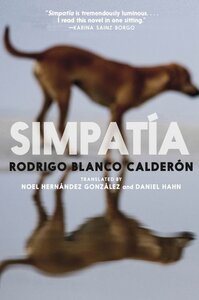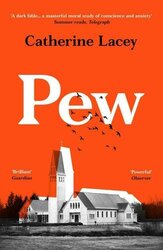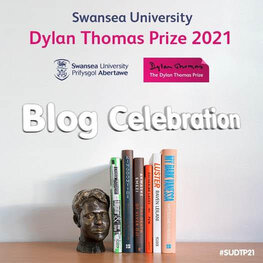Here is the official shortlist of this year’s International Booker Prize, which was revealed earlier in the week:
- On the Calculation of Volume I by Solvej Balle, translated from Danish by Barbara J. Haveland (Faber)
- Small Boat by Vincent Delecroix, translated from French by Helen Stevenson (Small Axes)
- Under the Eye of the Big Bird by Hiromi Kawakami, translated from Japanese by Asa Yoneda (Granta Books)
- Perfection by Vincenzo Latronico, translated from Italian by Sophie Hughes (Fitzcarraldo Editions)
- Heart Lamp by Banu Mushtaq, translated from Kannada by Deepa Bhasthi (And Other Stories)
- A Leopard-Skin Hat by Anne Serre, translated from French by Mark Hutchinson (Lolli Editions)
I hhaven’t quite finished reading everything yet, but this looks like a pretty decent shortlist to me. We’ll announce the Shadow Panel’s shortlist in due course.





Recent Comments